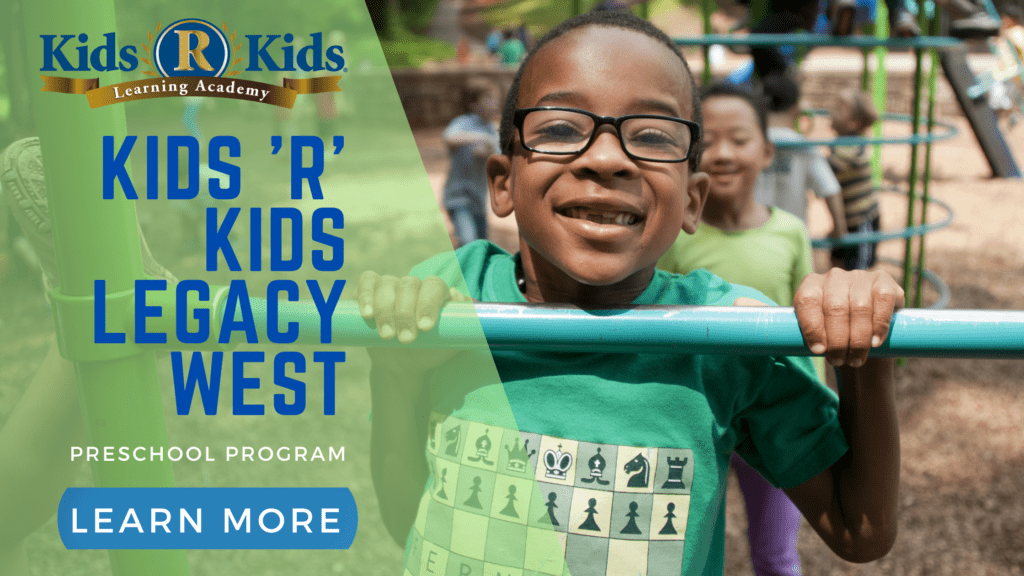We are enrolling! Join us in nurturing young minds, fostering creativity, and creating a brighter future. We're excited to introduce your child to a world of possibilities! Contact us today for details.

No matter what school of thought for raising their children a parent adopts, or what strategy is used for improving a child’s behavior, one thing is certain: there will be conflict at some point. While this is a very unpleasant reality to face as a parent, it can be less stressful when the parent learns how to properly and consistently teach conflict resolution to their children.
To further explain, the problem is simple – we can’t always avoid conflict. However, the resolution can also be this simple – we can resolve conflict with our children as long as we properly teach new mindset skills.
In order to cultivate healthy and intellectual development within your children, there are proven ways for encouraging your child to develop proper conflict resolution skills.
Help Your Kids to View Conflict From the Other Person’s Point of View
Encouraging your child to look at conflict from the other person’s perspective does a couple of vital things. (1)
- It teaches your children how to empathize in different situations.
- It teaches your child to change their perspective in order to see the bigger picture.
Help Your Child Understand Nonverbal Cues
Oftentimes when a child winds up in a conflict, the child can become pretty defensive and resort to blaming tactics. This could look simple like the child hitting his sibling and then declaring “he was just playing.” As the parent, you can encourage your child to pause, observe his sibling and then ask him, “Does it look like Sarah knew you were just kidding? She’s crying because you hit her, and I can see her feelings are hurt.” When you are able to pause and point out to your child that he made someone cry, he is able to connect his behavior with having hurt someone. Over time, your child will begin to notice and understand nonverbal cues without being guided to do so. (1)
Teach Your Child to Repair What Needs Fixing
Having your child apologize for things they did is very important. It allows your child to verbalize apologetic and corrective intention. However, sometimes more than a simple apology is needed. If your child breaks another kid’s toy on purpose, it’s not always easy to cruise over the situation with an “I’m sorry.” The apology is a foot in the door, but the parents can teach the children to fully follow through with the repair process by replacing what was broken. This could look like buying a new toy, acting in other kind ways like giving up a toy to replace the broken one with or writing a letter of apology. (1)
Shorten Your Script
Another way to connect with your child during a conflict is to shorten your script, meaning, say less. That’s right! Say less. It’s easy to see that children in conflict cannot necessarily process information overload. While talking to your child may seem like the best thing to do, lectures and speeches should definitely be avoided.
So, when a child is in conflict, it’s easier to say more with fewer words. This could look like, “Are you asking me or telling me?” when a child demands something of you, “Try that again with respect” when your child speaks to you disrespectfully, and “Would you be willing to compromise?” when your child seems unwilling to budge. (2)
Shortening your script with very purposeful dialogue will allow for your child to be open enough to let you guide them through the conflict until they get used to it enough to be able to guide themselves through conflict.
These four methods are very helpful when you’re looking to connect with your young one during a conflict. Although conflict isn’t avoidable, the resolution is much easier than you think to attain.
Resources:
1) Siegel, M.D., Daniel J. Bryson, Ph.D., Tina Payne. The Whole-Brain Child. New York. Bantam Books. 2011
2) Purvis, Ph.D., Karyn, Qualls, Lisa. The Connected Parent. Eugene, Oregon. Harvest House Publishers. 2020.
KIDS ‘R’ KIDS LEGACY WEST PRESCHOOL PROGRAM

Are you interested in learning more about how Kids ‘R’ Kids Academy of Legacy West can teach your preschooler about fun holidays like Halloween and more? Our Preschool Program is fully accredited and always ready to match your toddler’s energy and curiosity with wonderful teaching lessons.
We teach your preschooler to be prepared for elementary school and beyond!
Want to learn more about Kids ‘R’ Kids Learning Academy of Legacy West located in Frisco, Texas? Our mission is to provide secure, nurturing, and educational environments for children ages 6 weeks – 12 years. We help children to bloom into responsible, considerate, and contributing members of society. For more information, give us a call or stop by for a tour! We’d love to get to know you and your family.